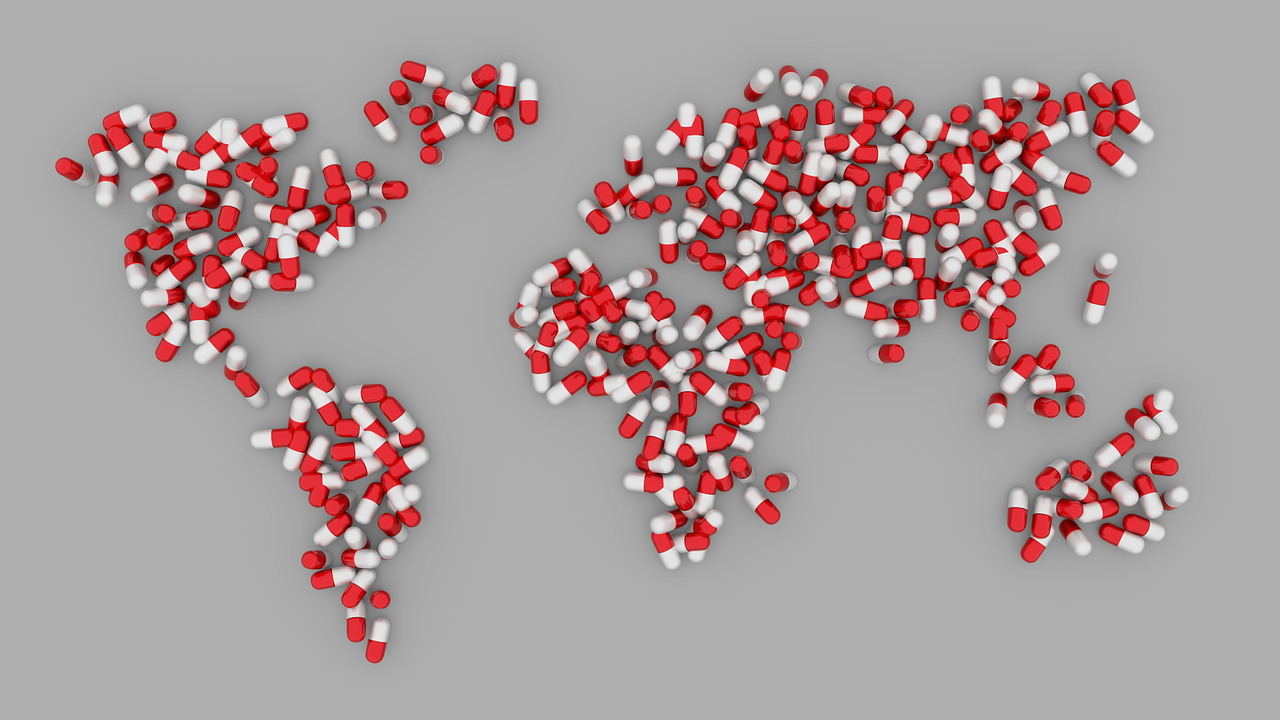For quite some time marijuana and all it’s constituent parts were looked at the same way as drugs like heroine and cocaine. As more information comes to light, laws have been changed in many places to accommodate the new research and information coming out regarding the benefits of marijuana, particularly CBD. Now WHO says CBD oil shouldn’t be scheduled at all.
What is CBD Oil & What Can it Be Used For?
Cannabidiol or “CBD” is sold as an oil or capsules filled with oil, and is a combination of beneficial cannabinoids derived from the cannabis plant. CBD oil does not produce a “high” in people who consume it, and is considered a medical treatment or alternative treatment by many doctors, patients, and others who are not helped by traditional Western medications or treatments. CBD is still being studied, and has produced many different kinds of relief for symptoms of medical illnesses, disorders, and diseases. Here are some medical conditions that CBD may help with:
- Anxiety
- Epilepsy
- Alzheimer’s disease
- Multiple sclerosis (MS)
- Parkinson’s disease tremors
- Chronic pain
- Arthritis
- Chemotherapy side effects
What is WHO?
The World Health Organization, known as “WHO,” directs and coordinates international health studies and statistics from within the United Nations, and has over 7,000 employees in 150 countries. WHO provides leadership, research plans, and norms and standards for healthcare all over the world. The organization is very important to the world’s health standards, and its recommendations are taken very seriously by many different national governments and healthcare providers. WHO also monitors and assesses health trends, like increasing CBD oil use all over the planet.
Why Did WHO Recommend De-scheduling CBD Oil?
Back in November of 2017, the WHO Expert Committee on Drug Dependence released a detailed report on CBD, concluding that it posed no danger to the public and shows great promise as a seizure-reduction medication for patients living with Dravet and Lennox Gastaut syndromes (types of epilepsy). The committee took its information from 86 different resources, including clinical and scientific studies and case studies from various countries.
WHO reported that CBD oil seems to have few if any side effects in low dosages. WHO also recommended that CBD not be an internationally scheduled controlled substance at all. Because CBD has few side effects in animals or humans, is not psychoactive, and does not produce drug dependence, the organization believes it should not be a controlled substance. Makes sense, doesn’t it? The committee even noted that the reactions in mice produced by CBD is opposite to other controlled substances such as cocaine and methamphetamine. (Maybe someday the United States federal government will agree.)
How Can You Help De-schedule CBD in Your Country?
The recommendations of WHO are taken quite seriously by many different governments, but some countries are still fighting to keep CBD on the controlled substances list, including:
- The United States
- Israel
- Some African countries
- Some Latin American countries
See the map below for more information.
https://commons.wikimedia.org/wiki/File:Legality_of_cannabis_by_country.PNG
The best way to De-schedule CBD in your country or state is to vote, and vote often. Keep yourself informed on the issue, and seek out representatives who support CBD oil use for patients of different medical conditions. Do your research online and find out if CBD oil is right for you. Your vote matters, and your opinion matters.







